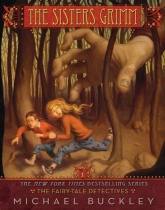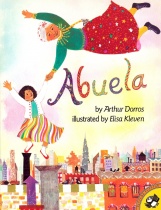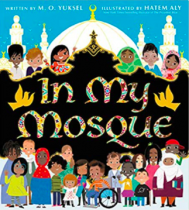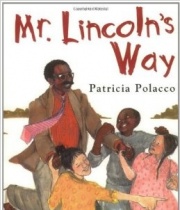After talking to my director during our final conference together, we both came to the conclusion that the students were becoming tired of drilling the mechanics of writing. We talked about ways to make the last two weeks of class academically challenging but also personally fulfilling.
On Monday, we spent a day talking about the importance of social change through a Ted Talk about body posture and body language. Afterwards, I rearranged the classroom into a half circle and lead my very first Socratic Seminar. There were three specific rules: everyone had to contribute at least once, they were not allowed to talk over each other and they had to be respectful of each other’s opinions. Interestingly, the Socratic Seminar went better for my second group than my first group of students. After trying the Socratic Seminar method for five minutes with my first class, I realized we would not accomplish anything if I didn’t make them raise their hands. My second class, however, actively participated but did not talk over one another. This was yet another example of how different two groups of students can be and how necessary it is for the teacher to adapt the lesson based on the different needs within that group.
On Tuesday I decided to teach a mini lesson on the purpose of speeches and the different types of speeches that have taken place in history. The students listened to Barack Obama’s 2009 speech to the students. Afterwards, we discussed the importance of education and they were required to answer a Freedom Writer’s journal prompt based on a question tailored to this speech. Although I was sincerely excited about teaching this lesson, it didn’t go quite as well as I had planned. Many of the students in my second group refused to pay attention because they claimed that the speech was boring. However, I did my best to bring up interesting discussion topics to keep my students on their feet. Again, it is impossible to make everyone happy.
Probably my favorite part of the week, however, occurred during our educational policy mock trial that occurred the day after listening to Obama’s Speech. Students were sent around the classroom to read about various educational issues in the United States and then were asked to write a small proposal to share with the courtroom at a later date. The topics discussed were as followed: Bullying Prevention, Cutting the Arts, Underprivileged Schools and Standardized Testing. I was amazing by the details that some of the students added into their proposals. They were deep, thoughtful, intelligent and well-written. Many of the students who attend The Creative School for Performing Arts were especially interested in writing a solid proposal to save the arts. Their responses were emotional and thought-provoking.
The week ended with an introduction into primary documents and slavery. I began class talking about the history of slavery and slave transportation. I had two volunteers from each class practice sleeping in the compartments that I had measured and taped off at the beginning of class. Many of them were in awe at the poor living conditions the slaves were forced to endure. Later, they rotated around the classroom answering questions and reading about slavery from the perspective of slaves, slaveholders, abolitionists and more. From the look on many of their faces, I could tell that this lesson meant a lot to them. It certainly forced them to think like mature adults. The purpose of writing has certainly been evaluated from all angles this week. I am hoping that I have made an impact on my students and that they remember some of the discussions we have had for years to come.










